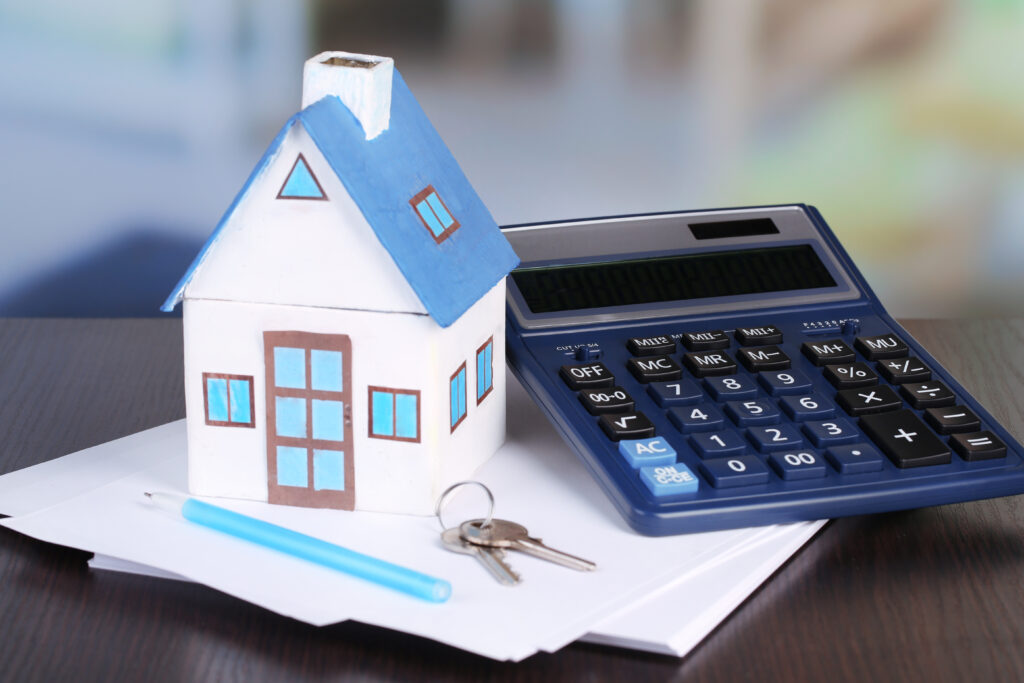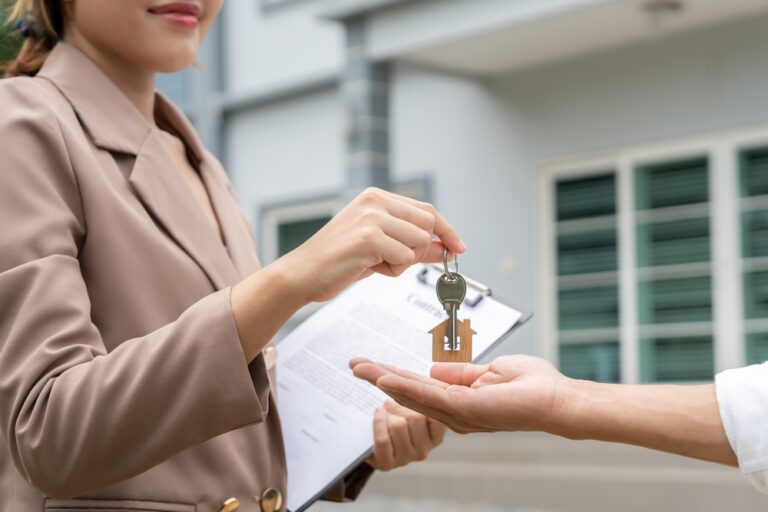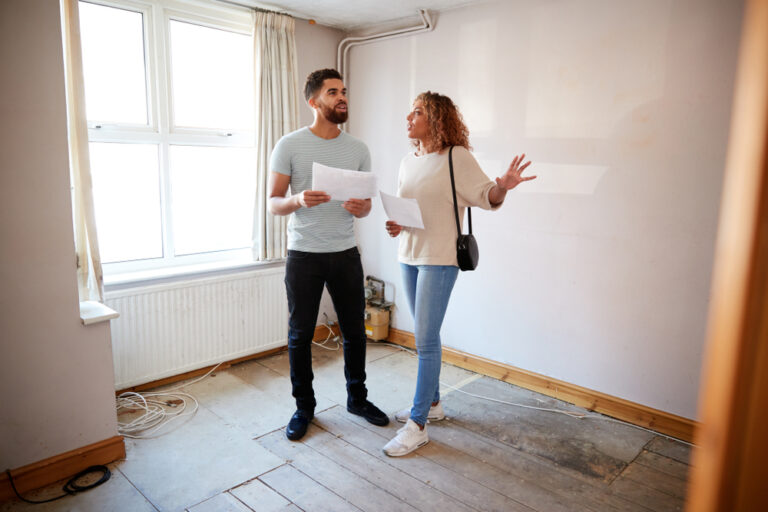Britain’s ‘must-own-a-home’ mentality when it comes to living arrangements has showed signs of adjustment in recent years, with Millennials in particular more akin to renting – both for affordability reasons and in a bid to avoid the commitment and cost that come hand-in-hand with owning your own home.
Sellers, meanwhile, appear to be adopting a ‘sit tight’ thought process until Britain’s exit from the European Union early next year, a wait-and-see strategy which has helped create a low-stock housing market.
If you are considering taking the plunge on a property this year, follow our tips for buying a house below and if you are pondering putting up the ‘for sale’ board, our house selling tips could help you get a quicker sale for a better price.
SHOULD I BUY?
The pressure cooker of buying a house has been steadily rising over the past decade following the housing market slump of 2008.
All of which has made it increasingly difficult for some buyers to make that dream purchase without potentially over-stretching themselves financially.
At Ellis & Co, we recommend a ‘pause for breath’ strategy in the current market. While a stagnation of property prices may seem like an appealing time to buy, it’s suitability is likely to vary from buyer to buyer and a ‘bigger picture’ standpoint on financial security could be a better strategy than a sudden rush of blood to the head.
SHOULD I SELL?
With the market experiencing low stock levels, it could be a case of ‘nobody wins’. While on paper a market with less competition would seem to appeal to those looking to sell, buyer apathy has been driven upwards by unrealistic sellers looking to cash in on property’s magic money tree. That has forced transaction levels downwards and caused potential buyers to re-evaluate their options.
I STILL WANT TO BUY… WHAT CAN I DO?
Do your sums
The first thing to do is get your finances in order and ensure everything adds up – and by that, we mean EVERYTHING.
Buying a home always costs more than you anticipate so it pays to get everything down on a spreadsheet so you know the true cost of your purchase.
Mortgage arrangement fee: You’ll almost certainly need to pay your lender this fee, which can vary in amount but is likely to be around £1,000. Bear in mind, also, that in some cases this fee may be non-refundable even if your purchase falls through.
Legal fees: Some lenders will make a contribution to legal fees, but if you pay your own conveyancer you could be looking at a bill of around £800 depending on your purchase price.
Valuation fee: Lenders charge this fee to check the property you are buying actually exists and also that it is solid enough to offer enough security against the mortgage. You should budget around £300 for this but, again, it varies.
Stamp duty: Following last year’s Autumn Budget, Chancellor Philip Hammond made a host of changes to stamp duty tax in order to attract more first time buyers to the market. Ellis & Co recommends using an online stamp duty calculator to work out how much you will pay to purchase your property.
Surveys: Ellis & Co would always recommend buyers carry out a Homebuyers Report or full building report on the property they are purchasing. This peace of mind is priceless, but these surveys typically cost £400-£700.
Removal costs: Again, this can vary depending on how much stuff you own! But buyers generally can be looking at anything between £100-£1,000 for shifting their lives to a new home.
Check things out with a keen eye
Of course, prior to the survey report on your purchase, there are plenty of steps you can take off your own back to ensure the home you are buying is solid and sound.
When you return for a second or third visit, take a knowledgable friend or expert in electrics and plumbing with you for a second opinion on the property and the price you are paying.
* Have a good look around the building for wet spots, mould, peeling wallpaper or condensation on windows. This could be a sign of damp and should set some alarm bells ringing.
* Open doors and windows and close every door behind you as you look around to make sure everything works as it should. Also open and close kitchen cupboards and check the one under the sink is dry – it might seem cheeky, but remember you are potentially going to pay hundreds of thousands of pounds for this home!
* Try the light switches, fire up the cooker and ask for details on when the house was wired. Updating electrics can be extremely costly.
* Flush the toilets and turn the taps on – again, plumbing is an expensive business so you want to be sure you are not looking at big bill weeks after moving in.
Get those quotes in
Finally, get a home insurance quote early on in the buying process. This will ensure peace of mind that cover is available but could also flag up key problems like flooding potential or risk of subsidence.
And remember, paying for cover via your mortgage provider is often poor value… shop around!
I STILL WANT TO SELL… WHAT CAN I DO?
Again, do your sums
Ellis & Co’s first advice to those looking to sell is, once again, financial: Are you still in your mortgage term? If so, check what early redemption fees you are facing. These can run into thousands of pounds.
If you have only a few months left on your current deal before it reverts to your lender’s Standard Variable Rate (SVR) then it could be worth holding off – once you are on the SVR, typically there are no early redemption penalties.
Get your home looking hot… but don’t overspend!
If you are set on selling then it goes without saying you will want the property sold as quickly as possible, particularly if you are buying another.
Getting your home in as good condition as possible could make the difference here, but spend wisely on improvements you will never feel the benefit of away from a quick sell.
Tidy up the front of the property to ensure it has maximum kerb appeal. A lick of paint, or sprucing up the front garden is a pretty cost-effective way of getting that ‘I love it’ early smile out of a potential buyer.
Be realistic
As we mentioned earlier, the current market is being hamstrung by some sellers with unrealistic expectations when it comes to asking prices. While you may have your own ideas when it comes to your property’s value, a good estate agent will look at it from an objective standpoint as well as considering market conditions. Listen to the experts here and be open minded to offers beneath your initial hopes.
List ALL your costs
Like buyers, it also pays to knock up a spreadsheet of costs associated with selling your home in order to get a true picture.
Conveyancing costs such as money laundering checks, funds transfer fees and searches can really add up and provide something of a shock when the financial breakdown is presented later on in the sales process.
Sort your paperwork
Getting finer details like an Energy Performance Certificate (EPC) and gas and electric safety reports up together early in the process can help speed up the transaction process… more and more buyers and conveyancers are asking for these reports and being able to put your hand straight on them will save valuable time.
Again, being prepared when it comes to your final energy bills can save a nasty shock if your supplier has under-estimated your usage. Keep a record of your readings once your property is under offer and don’t forget extras like redirecting your post which can cost upwards of £30.
If you have any questions on buying or selling a property, you can speak to your local Ellis & Co branch for advice.







